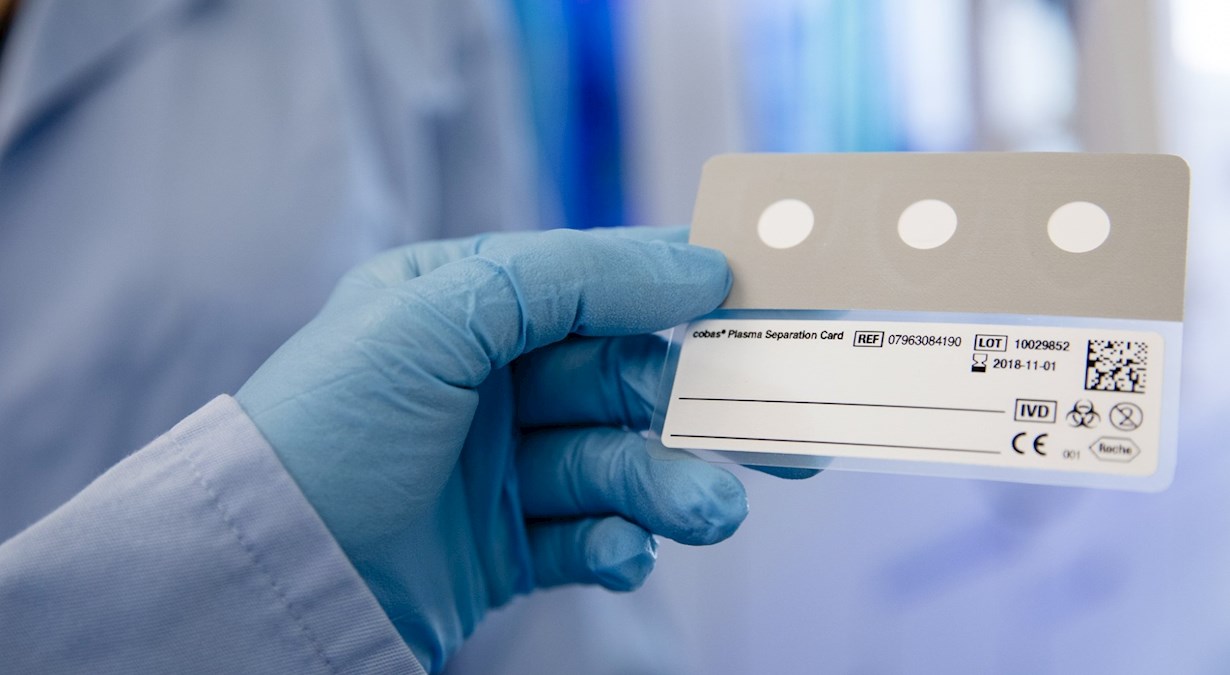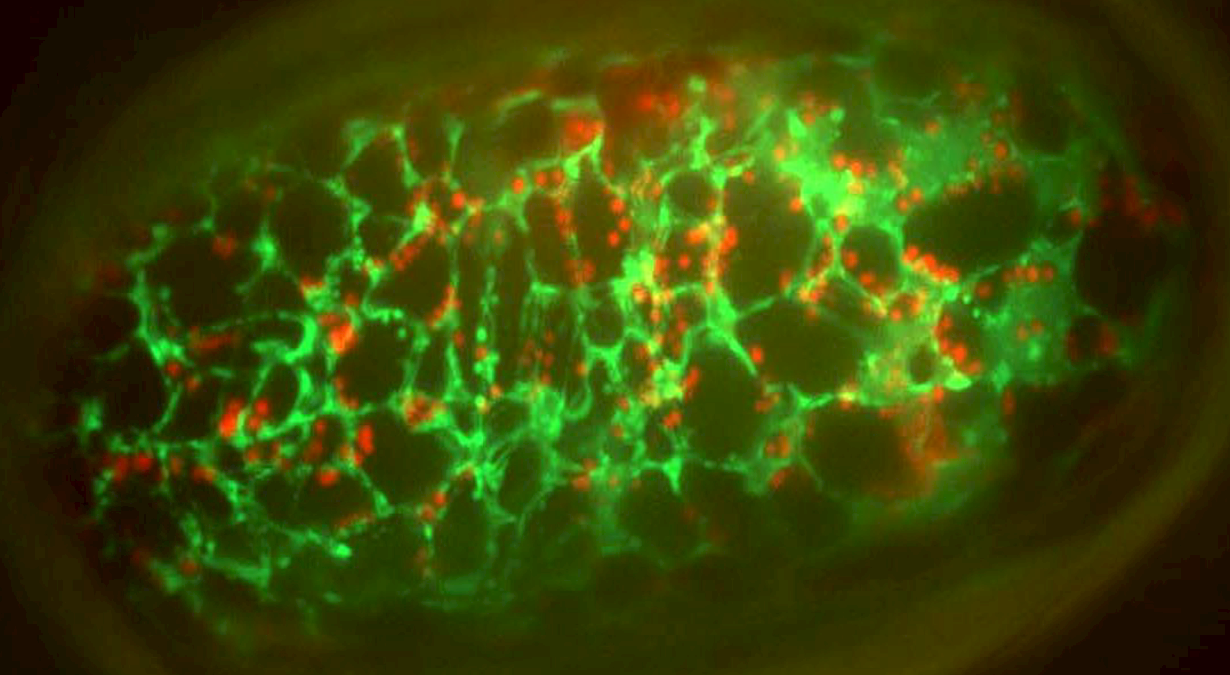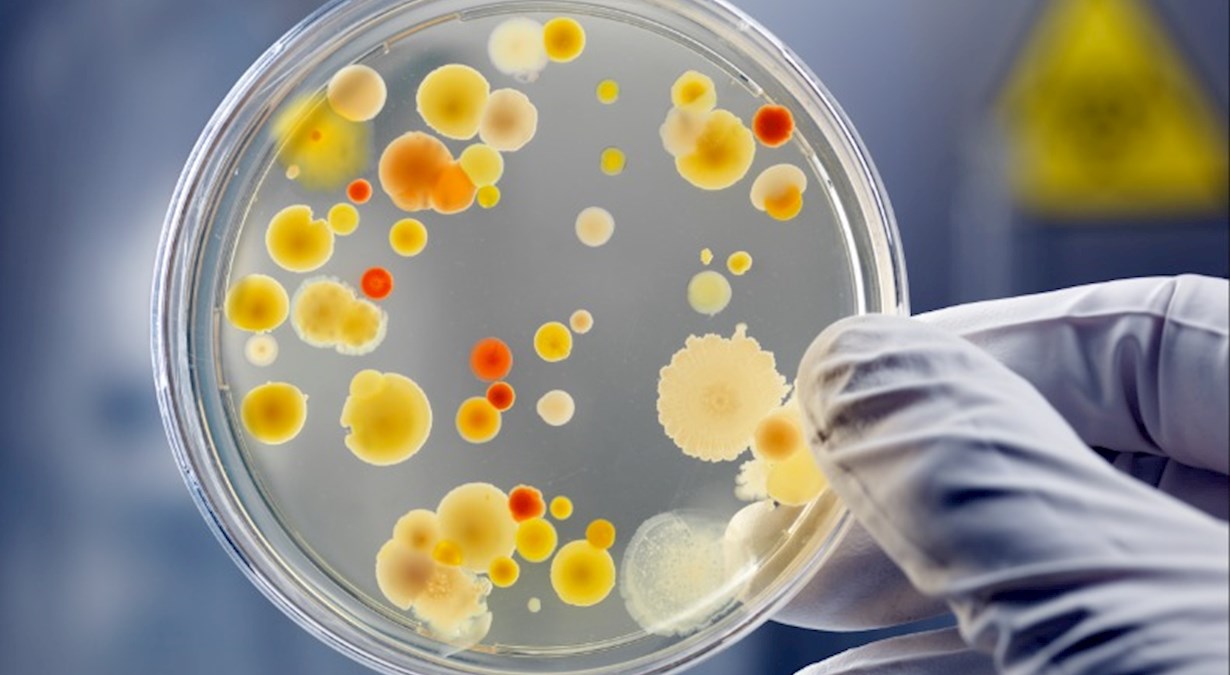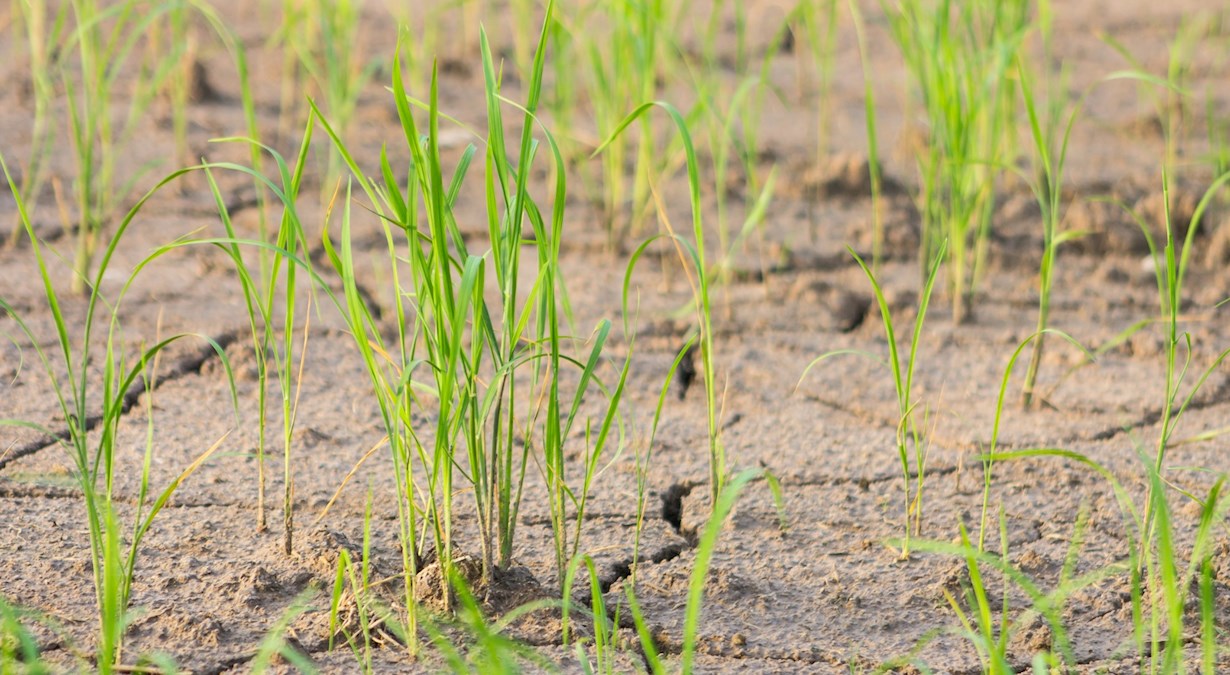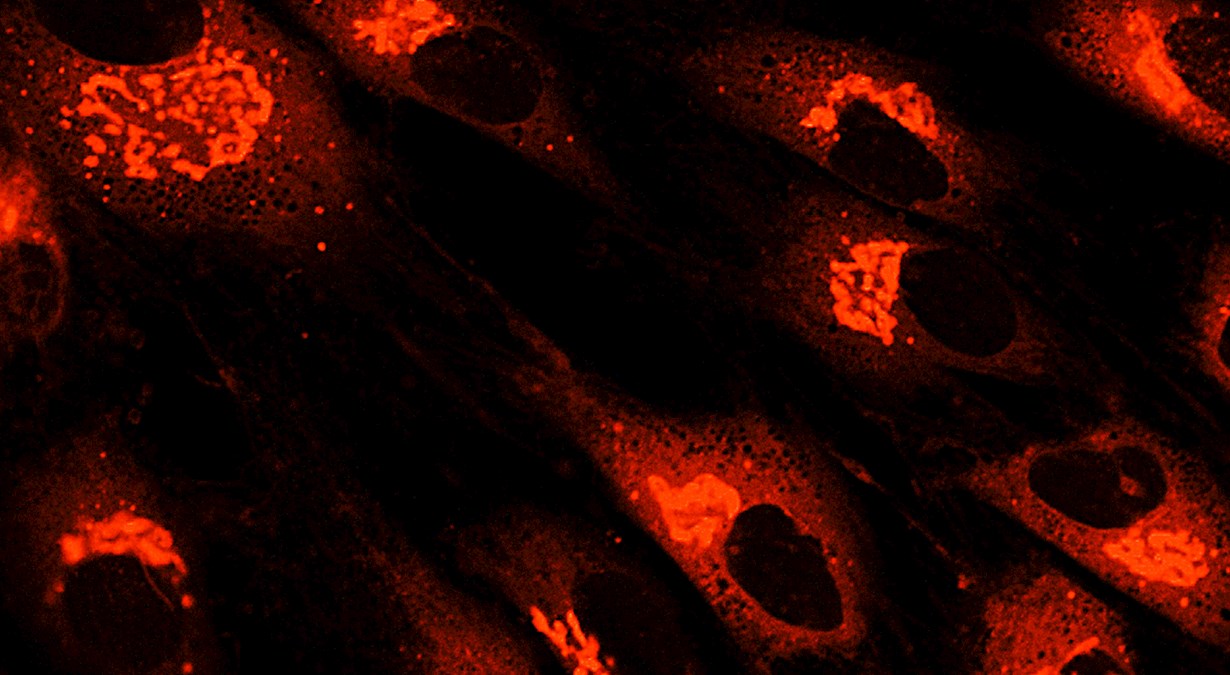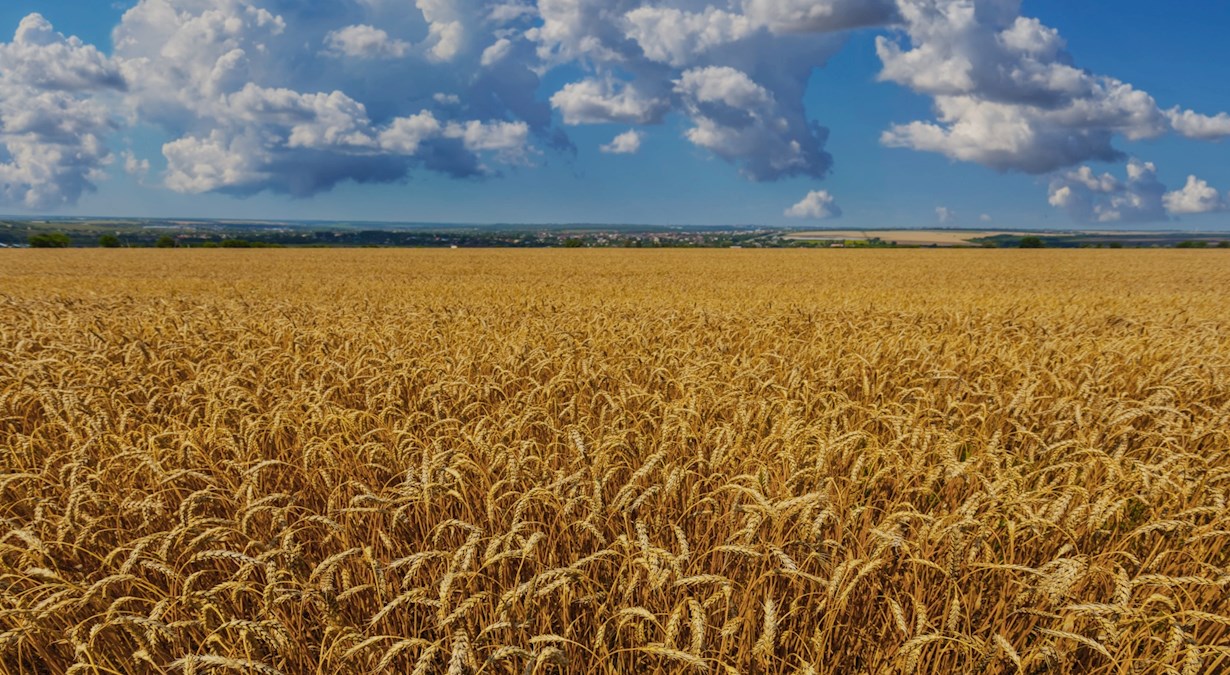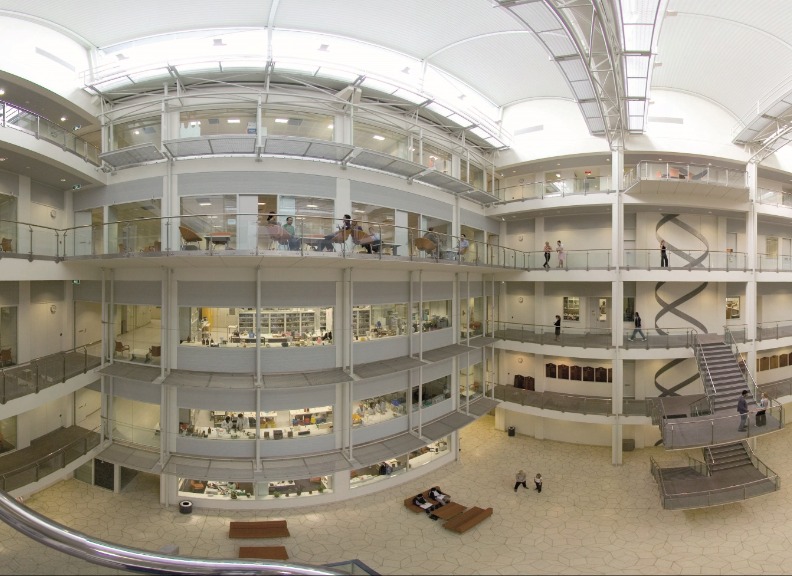
PROJECT
Unveiling the biosynthesis and biological roles of cryptic metabolites and peptides encoded in fungal genomes
Bioactive metabolites and peptides from fungal genomes
Fungi are prolific producers of bioactive small molecules known as secondary metabolites, which have been the source of medicine and include important clinical drugs, such as the antibiotic penicillin and the cholesterol-lowering statins. At the same time, fungi are a major cause of crop diseases, while some are known to cause diseases in humans and animals. Several secondary metabolites are known to enable fungal pathogens to cause diseases on their host. Genome sequencing has revealed a large number of biosynthetic gene clusters encoding secondary metabolite biosynthetic gene clusters in fungi (both pathogenic and non-pathogenic). However, majority of these gene clusters are uncharacterised due to conditional expression (not expressed in laboratory conditions). These cryptic biosynthetic gene clusters represent a treasure trove of metabolites awaiting to be discovered.
The project will use functional genomics to identify candidate gene clusters in the fungi that may encode novel secondary metabolites or metabolites important for pathogenic lifestyle of fungi. The candidate biosynthetic gene clusters will be translated to tangible metabolites for chemical and biological characterisations using fungal synthetic biology platforms available in the lab.
The project will provide insights into the roles of metabolites in the disease development. These bioactive small molecules that target the plant hosts may be repurposed as novel drugs or agrochemicals. Furthermore, the study of biosynthetic gene clusters often uncover novel enzymes that catalyse complex biochemical reactions.
For more background information, see the suggested readings below.
- Suggested readings
-
- Chooi Y-H and Solomon PS (2014) A chemical ecogenomics approach to understand the roles of secondary metabolites in fungal cereal pathogens. Front. Microbiol. 5:640.
- Keller NP (2015) Translating biosynthetic gene clusters into fungal armor and weaponry. Nat. Chem. Biol.,11:671
- Li, H; Wei, H; Hu, J; Lacey, E; Sobolev, AN; Stubbs, KA; Solomon, PS; Chooi, Y-H Genomics-driven Discovery of Phytotoxic Cytochalasans involved in the Virulence of the Wheat Pathogen Parastagonospora nodorum. ACS Chem Biol. 2019,
- Hu, J; Li, H; Chooi, Y-HFungal Dirigent Protein Controls the Stereoselectivity of Multicopper Oxidase-Catalyzed Phenol Coupling in Viriditoxin Biosynthesis. J. Am. Chem. Soc. 2019, 141 (20), 8068-8072
- Li, H.; Gilchrist, C. L. M.; Lacey, H. J.; Crombie, A.; Vuong, D.; Pitt, J. I.; Lacey, E.; Chooi, Y-H.; Piggott, A. M. Discovery and Heterologous Biosynthesis of the Burnettramic Acids: Rare PKS-NRPS-Derived Bolaamphiphilic Pyrrolizidinediones from an Australian Fungus, Aspergillus burnettii. Org. Lett. 2019
- Hu J, Sarrami F, Li H, Zhang G, Stubbs KA, Lacey E, Stewart SG, Karton A, Piggott A, Chooi Y-H Heterologous biosynthesis of elsinochrome A sheds light on the formation of the photosensitive perylenequinone system. Chem. Sci. 2019, 10, 1457-1465
Research team leader: Heng Chooi
I am an ARC Future Fellow in the School of Molecular Sciences at UWA. The work in my lab focuses on understanding the biosynthesis of secondary metabolites (natural products) in fungi and uncovering the bio-ecological roles of these molecules.
Fungal secondary metabolites have been the source of medicines, including important clinical drugs, such as the antibiotic penicillin, the cholesterol-lowering statins and the immunosuppressive cyclosporine. On the other hand, some fungal secondary metabolites are mycotoxins that are harmful to humans, while some have been implicated as the virulence factors that enable fungi to cause disease in plants and animal, including human. We employ a combination of tools in functional genomics, synthetic biology, biochemistry and chemical ecology to bridge the gaps between genes, molecules and functions. Our research aims to expand the enzymatic tool-box for synthesizing diverse small molecules, contribute to the understanding of the roles of secondary metabolites in ecological interactions, and advance the discovery of bioactive molecules for medicinal and agricultural applications.
How to apply
Interested in becoming part of this project? Complete the following steps to submit your expression of interest:
Step 1 - Check criteria
General UWA PhD entrance requirements can be found on the Future Students website.
Requirements specific to this project:
- Molecular biology and/or natural product chemistry knowledge and skillsets are desirable.
Step 2 - Submit enquiry to research team leader
Step 3 - Lodge application
After you have discussed your project with the research team leader, you should be in a position to proceed to the next step of the UWA application process: Lodge an application. Different application procedures apply to domestic and international students.
Scholarships
- Domestic students
-
All domestic students may apply for Research Training Program and University Postgraduate Awards (UPA) scholarships
- International students
-
A range of scholarships are available from international organisations and governments. The full list, organised by country, is available on the Future Students website.
In addition, all international students may apply for International Research Training Program scholarships.
- Indigenous students
- Indigenous students are encouraged to apply for Indigenous Postgraduate Research Supplementary Scholarships.
- Forrest Foundation scholarships
- All international and Australian students who wish to study towards the degree of Doctor of Philosophy (PhD) at The University of Western Australia may apply for Forrest Scholarships.





































